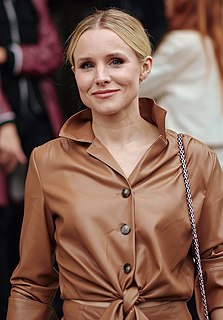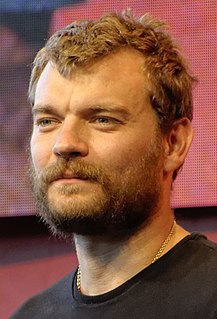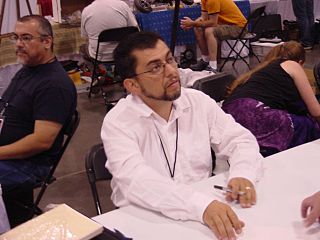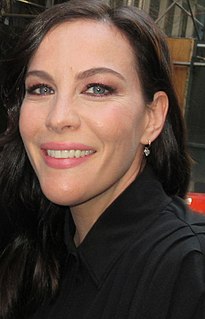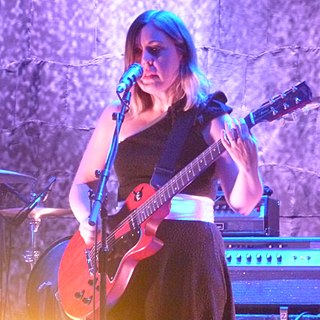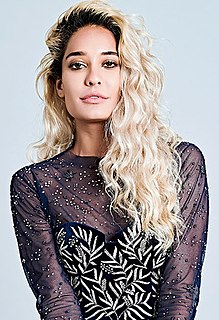A Quote by Zoe Kravitz
So, first, I wanted to be a part of the project because I thought it was an important story to tell. On top of that, it's rare to find roles for strong, young, feisty women, especially in a military film. And I love that Suarez ends up being the moral compass of the story, and that she's also brave enough to stand up to all these men.
Related Quotes
So often with beginning writers, the story that they want to start with is the most important story of their life - my molestation, my this, my horrible drug addiction - they want to tell that most important story, and they don't have the skills to tell it yet, so it ends up becoming a comedy. A powerful story told poorly becomes funny, it just makes people laugh behind their hands.
Salma and I had run into each other once or twice at film festivals because I was doing the press for Real Women Have Curves at the same time she was doing the press for Frida. She had seen Real Women Have Curves, and when the idea of Ugly Betty came up, she thought of me. Her enthusiasm about the project was so infectious-she spoke of it with such expectation. Everyone that was involved was really excited about the project. I really wanted to be a part of it.
I did a film called 'Worlds Apart' about a Jehovah's Witness. I was the love interest - the male lead - but the story was about the female lead, a young girl who is a part of this cult, and she wants to break out. She meets a guy who has to help her. She has to find out who she is. It's more like a coming of age story.
He thought about the story his daughter was living and the role she was playing inside that story. He realized he hadn't provided a better role for his daughter. He hadn't mapped out a story for his family. And so his daughter had chosen another story, a story in which she was wanted, even if she was only being used. In the absence of a family story, she'd chosen a story in which there was risk and adventure, rebellion and independence.
Working with Bernardo Bertolucci, director of Stealing Beauty was my first experience of being able to communicate with someone whom I'd think of as a mentor, who'd ask me my opinion and trust me, and believe in me and allow me to do the things that I wanted to do. The film itself was also rare in terms of character most of the scripts I've read are the story of some man, and there might be a love interest or a big woman's part.
When I make film music, I'm a filmmaker first and foremost. It's about serving the needs of the film. You're telling a story; in a way, you stop becoming a composer and become a storyteller instead. You tell the story with the most appropriate themes. How you approach these things is a very personal matter, but your goal is to tell the story first.
I feel like, if I'm being honest with myself, my biggest skill set is as a writer 'cause I can do that quickly and I'm really grounded in story structure. Part of my success as an actor, is that I know story well. Part of my success as a director, is how well I know story. Same thing, as a producer. It all begins and ends with me as a story creator. But, I love doing it all.


